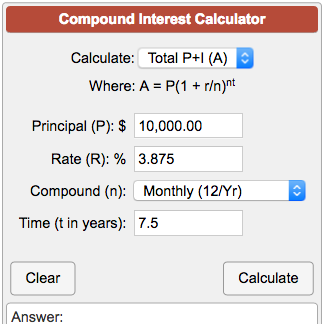
Using measures of principal effectiveness to predict different job outcomes can provide some suggestive evidence on this point. In the absence of data on whether a move is principal- or district-initiated (data that are typically unavailable), providing insight on this agency is difficult. 1982), and have fewer job protections thus, they are likely to be more at risk of being moved by the district than are teachers. Principals are “middle managers” in the district bureaucracy (Morris et al. In contrast to studies of the teacher labor market, where turnover usually is discussed as teacher-driven because involuntary moves or exits are relatively rare, agency for principals is less clear.

Modeling these pathways is important because of the complexity of administrators’ career behavior, particularly with respect to the agency of that behavior (Farley-Ripple, Solano, and McDuffie 2012). Second, we move beyond dichotomous turnover measures to investigate how different factors predict different pathways out of a school leadership position, including moves to another principal position in the district, moves to other districts, exits from education altogether, and-as a particularly novel aspect of our approach-moves “downward” to assistant principal or classroom positions. The link between performance and turnover suggests that prioritizing hiring or placing effective principals in schools with large numbers of low-income or low-achieving students can serve to lower principal turnover rates in high-needs environments. System and to be demoted to other school-level positions, whereas high performers are more likely to exit and to be promoted to central office positions. Low performers are more likely to exit the education Moreover, we demonstrate the importance of differentiating pathways out of the principalship, which vary substantially by effectiveness.


Using three measures of principal performance, we show that less-effective principals are more likely to turn over, on average, though we find some evidence that the most effective principals have elevated turnover rates as well. We investigate the association between principal effectiveness and principal turnover using longitudinal data from Tennessee, a state that has invested in multiple measures of principal performance through its educator evaluation system. However, we have limited understanding of the factors that lead principals to leave their schools or about the relative effectiveness of those who stay and those who turn over. Research demonstrates the importance of principal effectiveness for school performance and the potentially negative effects of principal turnover.


 0 kommentar(er)
0 kommentar(er)
